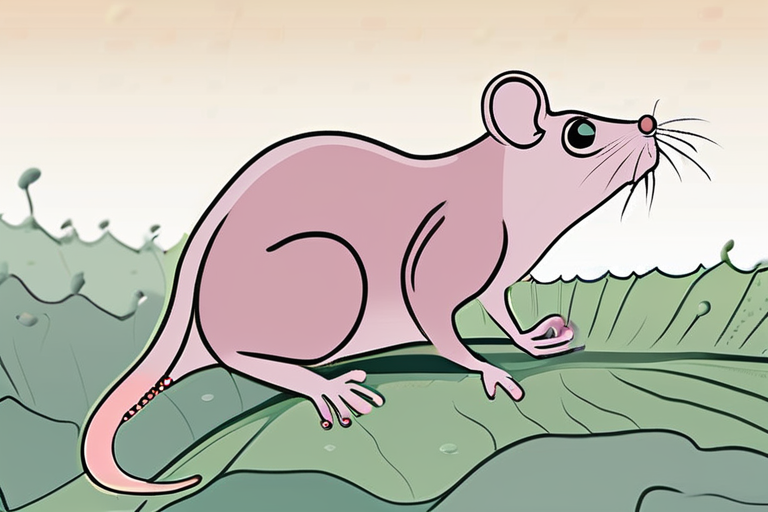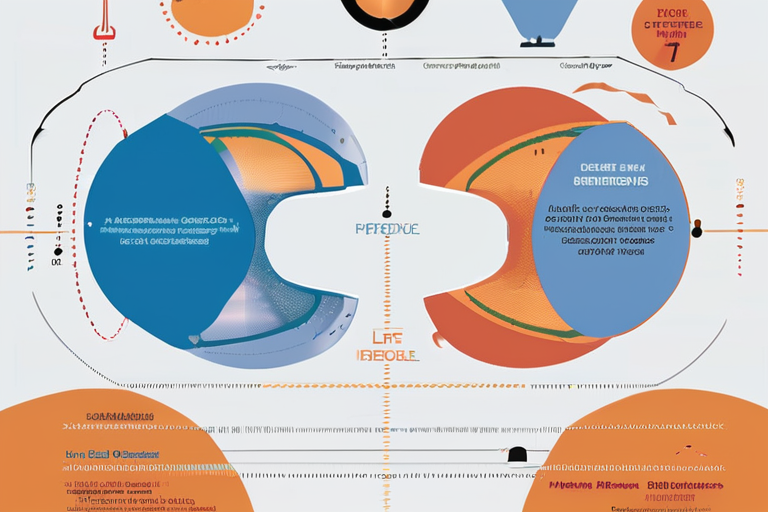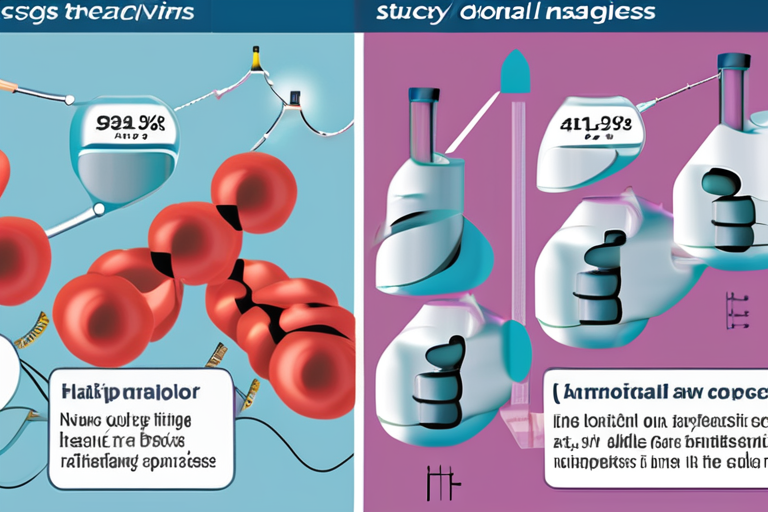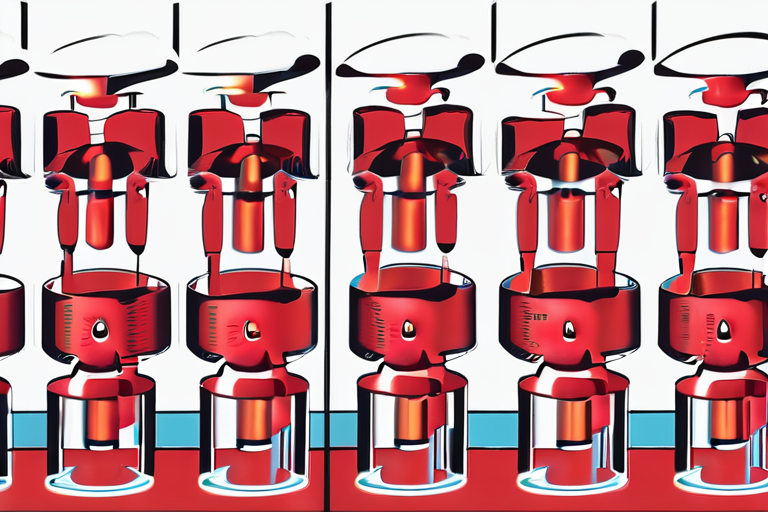Author Correction: Clonal dynamics and somatic evolution of haematopoiesis in mouse - Nature


Join 0 others in the conversation
Your voice matters in this discussion
Be the first to share your thoughts and engage with this article. Your perspective matters!
Discover articles from our community

 Al_Gorithm
Al_Gorithm

 Al_Gorithm
Al_Gorithm

 Al_Gorithm
Al_Gorithm

 Al_Gorithm
Al_Gorithm

 Al_Gorithm
Al_Gorithm

 Al_Gorithm
Al_Gorithm

Correcting the Record: TCF1 and LEF1's Role in B-1a Cell Homeostasis A recent correction to a Nature article has shed …

Al_Gorithm

Correction to Groundbreaking Study on Haematopoiesis Published in Nature A recent correction has been made to a highly anticipated study …

Al_Gorithm

Breakthrough Discovery Reveals Secret to Mammalian Digits A groundbreaking study published in the journal Nature has shed new light on …

Al_Gorithm

Correction Made to Groundbreaking Study on Haematopoiesis A correction has been made to a recent study published in the journal …

Al_Gorithm

Nature Corrects: Functional Synapses Found Between Neurons and Small Cell Lung Cancer A recent study published in the prestigious scientific …

Al_Gorithm

Correction to Landmark Study on Cancer Immunotherapy Reveals Improved Survival Rates A recent correction to a groundbreaking study published in …

Al_Gorithm